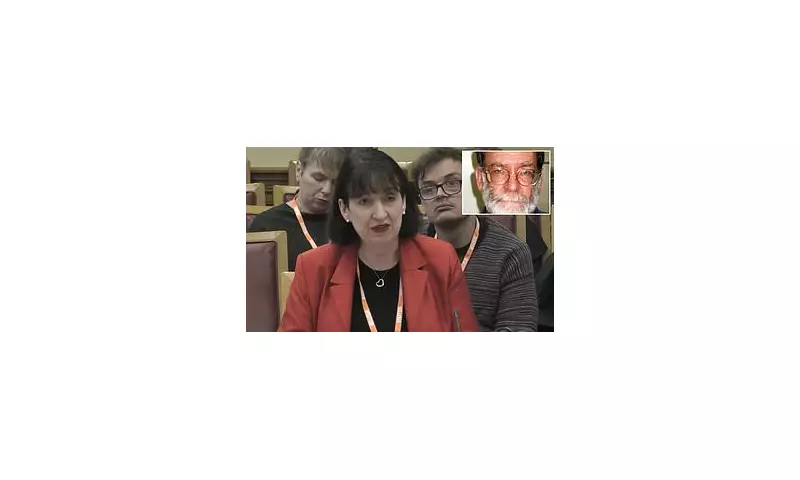
One of Britain's most distinguished forensic pathologists has issued a chilling warning about proposed assisted dying legislation, drawing disturbing parallels to the Harold Shipman murder investigations.
Dr Richard Shepherd, who performed over 23,000 autopsies during his career including high-profile cases like the Hungerford massacre and 9/11 victim identification, has broken his silence on the emotionally charged debate.
The Shipman Connection: A Troubling Precedent
In an exclusive interview, Dr Shepherd revealed his deep concerns about the potential implementation of panels that would decide assisted dying cases. "Having served on the panel investigating Harold Shipman's victims," he stated, "I've seen firsthand how complex these life-and-death decisions can be."
The renowned pathologist, who helped uncover Britain's most prolific serial killer, warned that current safeguards in proposed legislation are dangerously insufficient. "The systems being discussed are worryingly similar to what we used for Shipman cases," he explained, "but with even weaker protections."
Vulnerable Patients at Risk
Dr Shepherd expressed particular concern for elderly and vulnerable individuals who might feel pressured into ending their lives. "When we're dealing with people who are ill, frightened, or isolated," he cautioned, "the risk of coercion is very real."
His warning comes as Parliament prepares to debate new assisted dying legislation, with growing cross-party support for changing the 1961 Suicide Act.
A Medical Perspective on Life-and-Death Decisions
With four decades of experience in determining causes of death, Dr Shepherd brings unique credibility to the debate. "I've spent my career establishing exactly how and why people died," he noted. "The idea that we can easily distinguish between 'rational' decisions and those influenced by depression or pressure is dangerously simplistic."
The pathologist emphasised that even with his extensive experience, determining someone's true motivations remains incredibly challenging. "What looks like a clear-minded decision on the surface might be driven by untreated pain, depression, or fear of being a burden."
The Slippery Slope Argument
Dr Shepherd joins a growing chorus of medical professionals warning about potential unintended consequences. "Once we open this door," he argued, "it becomes very difficult to control how wide it opens."
He pointed to international examples where initially restrictive laws have gradually expanded to include broader categories of patients. "The safeguards that look robust today might seem very different in five or ten years' time."
As the debate intensifies, Dr Shepherd's warning serves as a sobering reminder from someone who has dedicated his life to understanding death in all its forms. His experience with one of Britain's darkest medical chapters gives his concerns particular weight in this critical national conversation.





